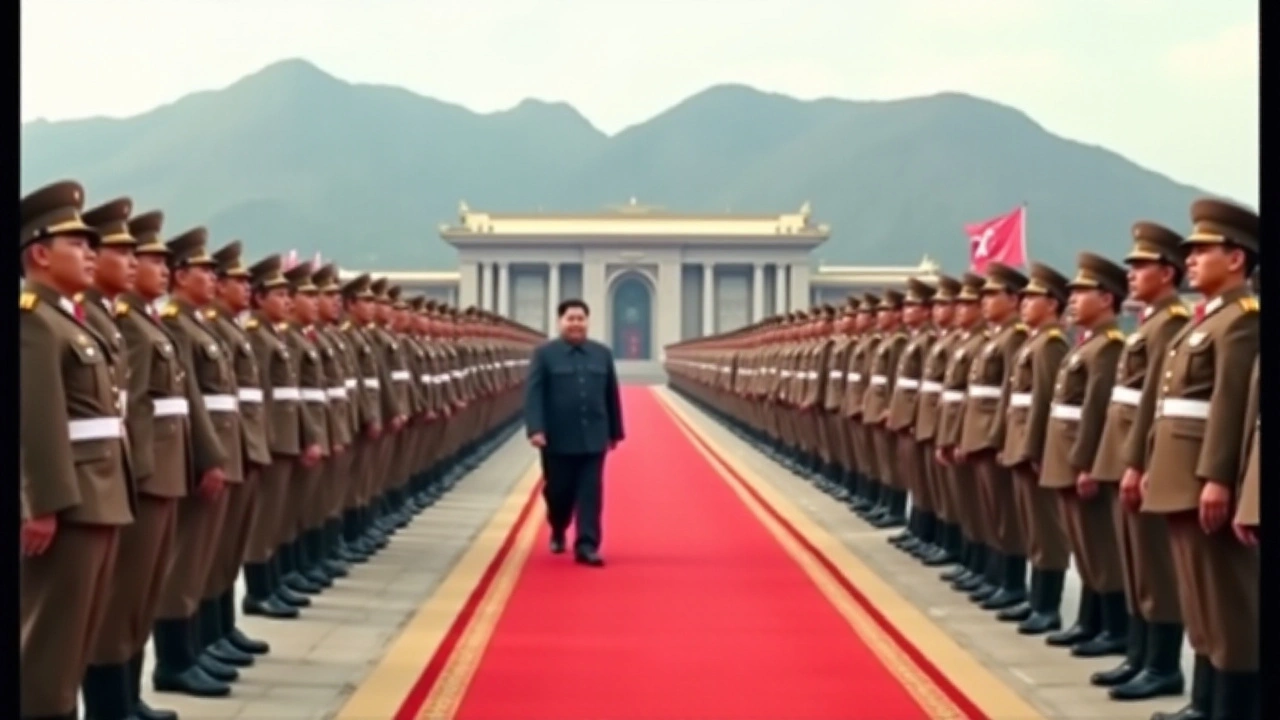Nuclear Strategy: What It Is and Why It Matters
Nuclear strategy sounds complicated, but at its core, it’s about how countries plan to use nuclear weapons to protect themselves or influence others. It’s a big deal in world politics because these weapons are powerful enough to cause huge destruction, so the way they're managed really affects global safety.
Basically, nuclear strategy involves rules and plans that guide a country’s decisions on building, maintaining, and potentially using nuclear arms. This covers everything from how many missiles to keep, to when or if to launch them in a conflict. It’s not just about war; it's often about avoiding war through the idea of deterrence—making sure no one thinks attacking will be easy or beneficial.
Key Concepts in Nuclear Strategy
One of the main ideas in nuclear strategy is deterrence. The thought here is simple: if a country has enough nuclear power ready to respond, others are less likely to attack because they fear massive retaliation. This is sometimes called the doctrine of Mutual Assured Destruction (MAD) — if both sides know they’d be wiped out, they won’t start a fight.
Another important aspect is the difference between offensive and defensive strategies. Offensive strategies focus on preparing to use nuclear weapons to stop enemies, often through first strikes. Defensive strategies rely on protecting a country and preventing attacks, for example, through missile defense systems.
How Nuclear Strategy Shapes Global Security
Nuclear strategy isn’t just about big powers. Smaller countries and alliances rely on these ideas too as they affect diplomacy and military planning. Decisions around nuclear arms influence international agreements, peace talks, and conflict prevention efforts worldwide.
In recent years, the nuclear strategy has also adapted because of new threats and technology — things like cyber warfare and missile defense systems change the game and force countries to rethink their plans.
Understanding nuclear strategy helps us grasp why countries act the way they do on the world stage. It’s about more than just weapons; it’s about maintaining a balance that keeps the peace — or at least prevents all-out nuclear war. Though it’s a tough topic, breaking it down like this makes it clearer why leaders focus so much on these plans and what’s at risk.






